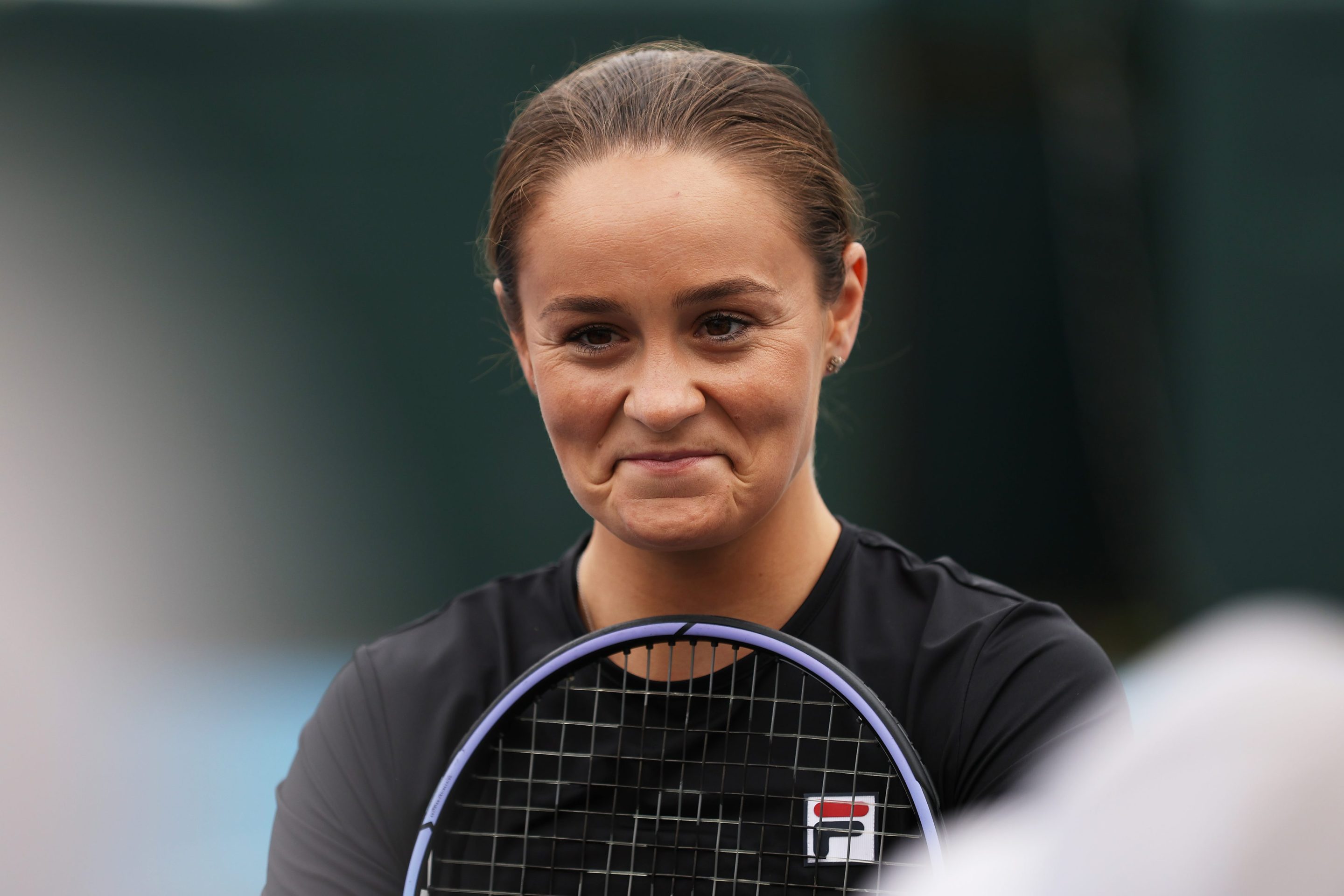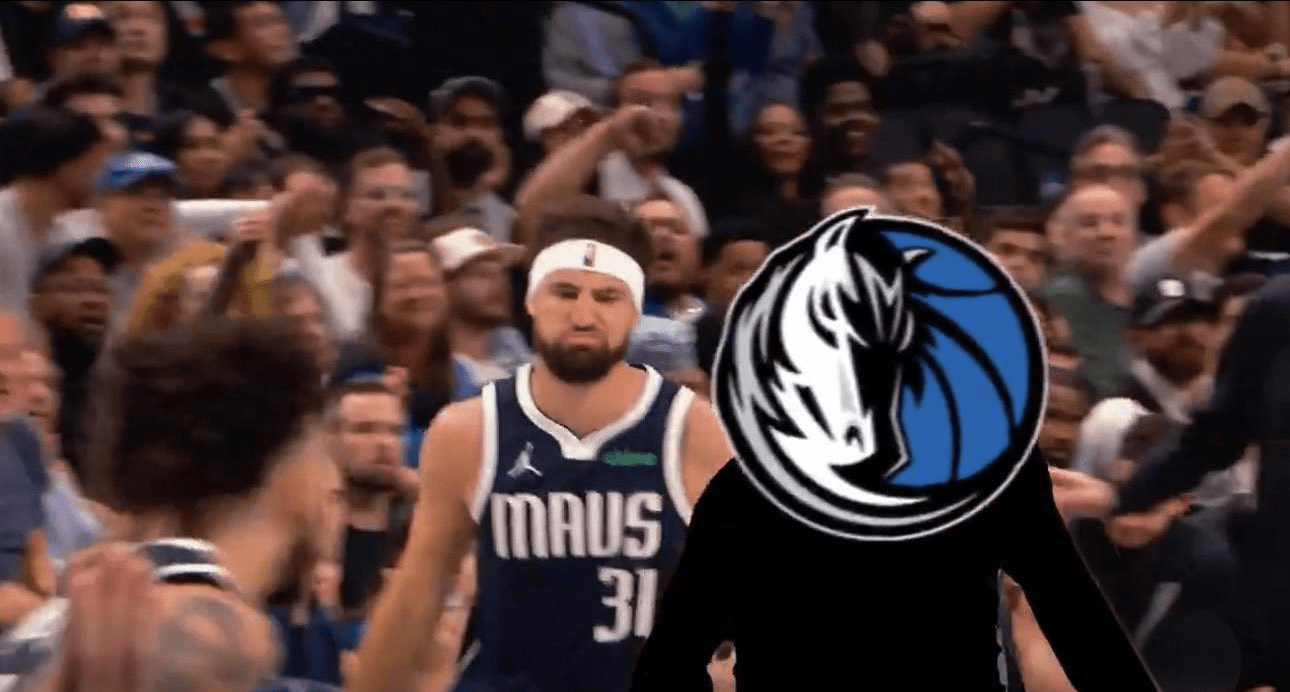Push notifications don't get much more disorienting than Tuesday night's news that Ash Barty, the 25-year-old who won the Australian Open in January and had held the No. 1 slot for 114 weeks, was retiring from tennis. Barty started this year 11-0, dropping just one set along the way, and appeared to have honed her court craft to its keenest-ever point. She'd won a major on clay (2019), grass (2021), and hard court (2022), and seemed set to dominate the sport, across all surfaces, for a few seasons more.
Instead, this is the end for Barty, who'd previously taken a 21-month hiatus from the tour, back in 2014. In a video, the Aussie explained her incremental shifts in perspective. Winning Wimbledon was her "one true dream that I wanted in tennis." After Barty accomplished that in 2021, she started to talk to her team about wrapping it up, but "there was just a little part of me that wasn't quite satisfied, wasn't quite fulfilled." Then Barty won her home major this year. "That for me feels like the most perfect way, my perfect way to celebrate what an amazing journey my tennis career has been," she said. "I want to chase after some other dreams."
"I know how much work it takes to bring the best out of myself," said Barty. "I've said it to my team multiple times—I don't have that in me anymore. I don't have the physical drive, the emotional want, and everything it takes to challenge yourself at the very top level anymore. I just know, I am spent, physically I have nothing more to give. And that to me is success. I have given absolutely everything I can to this beautiful sport of tennis."
She leaves us with her masterpiece: a 42-8 campaign in 2021, backing up a No. 1 reign that might have otherwise looked like a fluke of the pandemic rankings freeze. To borrow some dumb if useful parlance, Ash Barty emerged as her generation's "hooper," an intuitive and unencumbered tennis player, with real feel for the ball against her strings and a deep enough bag that she could never be caught unawares. She didn't boast a point-ending forehand, or any single glaring weapon; she won due to her solutions for any of the problems that any given point might present. At risk of repeating myself, she has more versatility in her backhand slice alone than most opponents have in their entire shot repertoire. Barty is that rare WTA player who enjoys sneaking up to the net and sticking a volley—a gift from her early days as a top doubles player. For good measure, she fashioned herself into a tour-best server while standing just 5-foot-5. There was no discernible tennis skill that she lacked. It didn't hurt to be fast and strong as hell, too. No other player of this generation has looked at home on so many different surfaces, in so many different conditions (and, literally, in a different sport altogether).
Surveying the current meta, there's lots of talent, but no one yet mirroring Barty's all-court range. I was excited by the prospect of a world No. 1 this unique, and the asymmetric rivalries that her reign might have produced. It's not all that difficult to imagine Barty sticking around, winning four or five more majors, and locking down a place as one of the greatest to ever play. She instead leaves us with this image of her at the apex of tennis, as she quits a year-long world tour spent oceans away from home. "I think it's important that I get to enjoy the next phase of my life as Ash Barty the person, not Ash Barty the athlete," she said.





